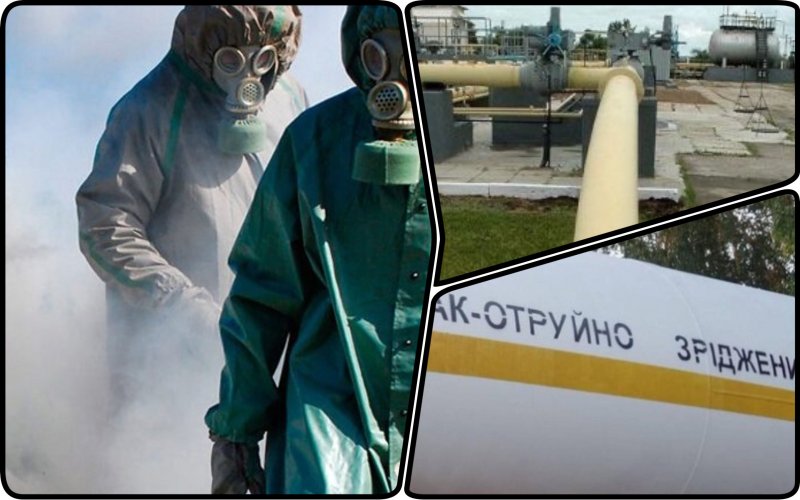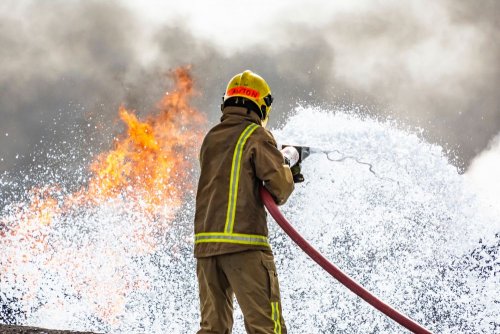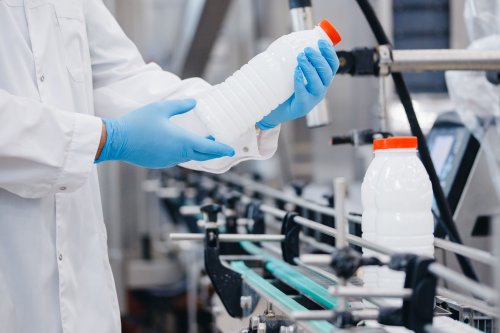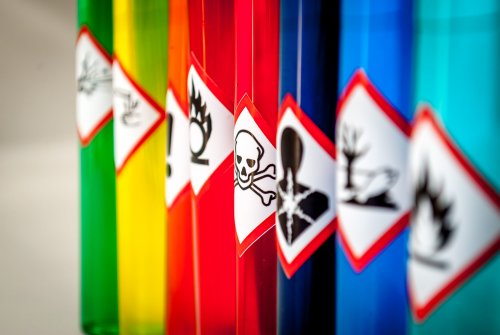In Kharkiv region, Russian troops shelled the Kupyan district and damaged an ammonia pipeline.
Upon impact, the emergency shut-off valve was activated, and the ammonia leak occurred on a 2.3 km long section, reports the head of the Kharkiv Regional State Administration Oleg Sinegubov on Telegram.
He said that at the time of the impact, the ammonia pipe was blocked and technological residues remained in the pipe. As a result of enemy strikes, the pipeline was depressurized.
Synegubov emphasized that as of the morning of Tuesday, June 6, no ammonia was detected in the air in the suburbs of Kupyansk and nearby villages. And near the village of Masyutivka, the concentration of ammonia does not exceed the maximum allowable norm.
"The headquarters for liquidation of the consequences of the situation has been deployed in the region. All specialized services are working on the spot, he said. – Observations continue. The National Police and the State Emergency Service inform the public about actions in case of exceeding the concentration of ammonia in the air."
Earlier, EcoPolitic wrote, that the Ministry of Environmental Protection and Natural Resources of Ukraine has created an infographic that explains how to act in cases of chemical danger and how to protect yourself from an ammonia spill.
As EcoPolitic previously reported, on the night of June 6, the Russian occupiers blew up the dam at the Kakhovskaya HPP. President of Ukraine Volodymyr Zelenskyi called an emergency meeting of the National Security Council.





